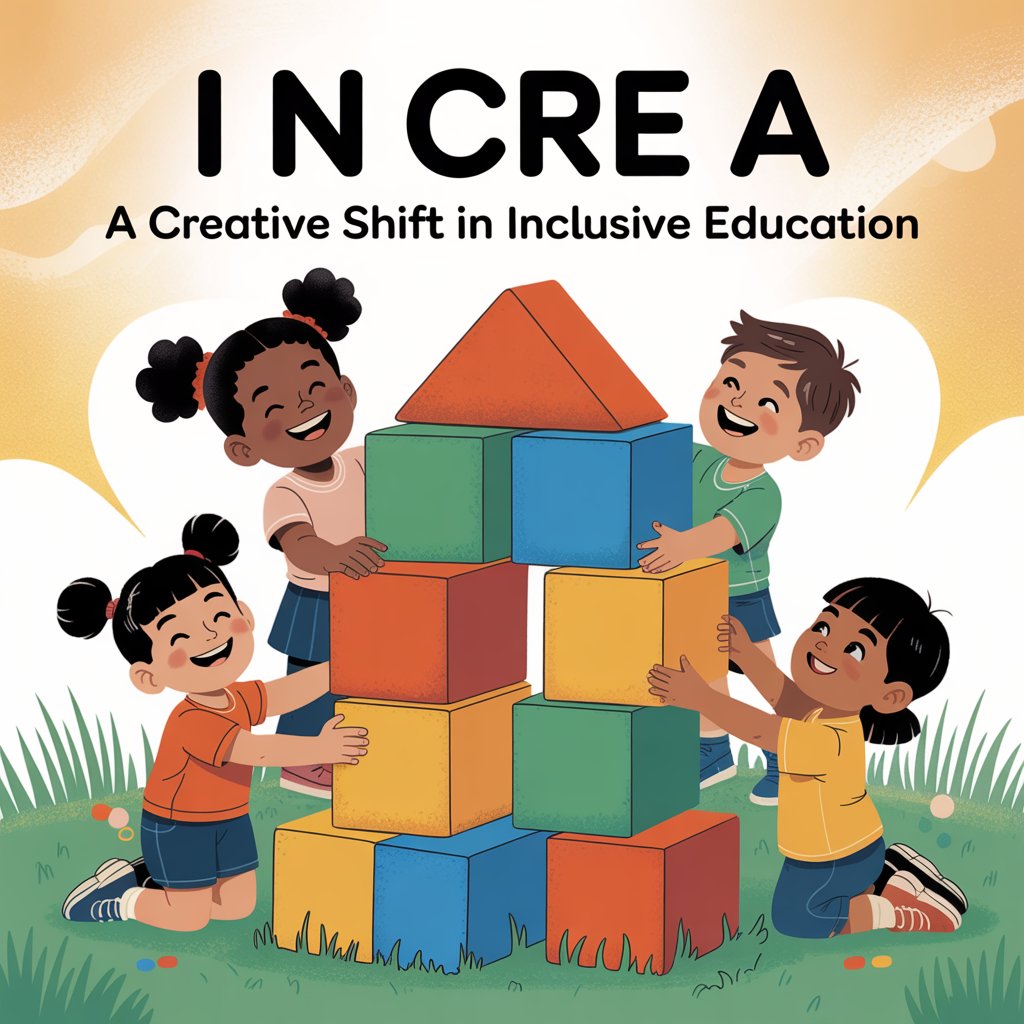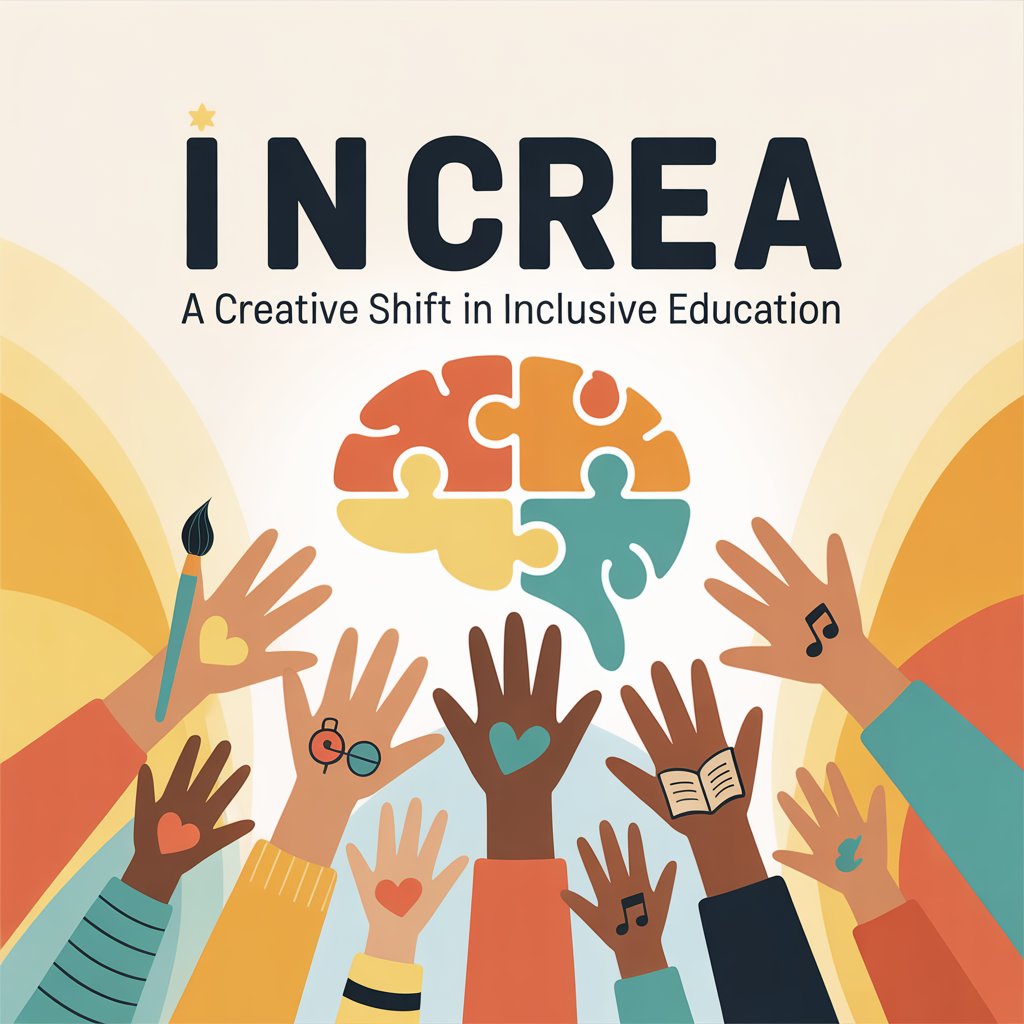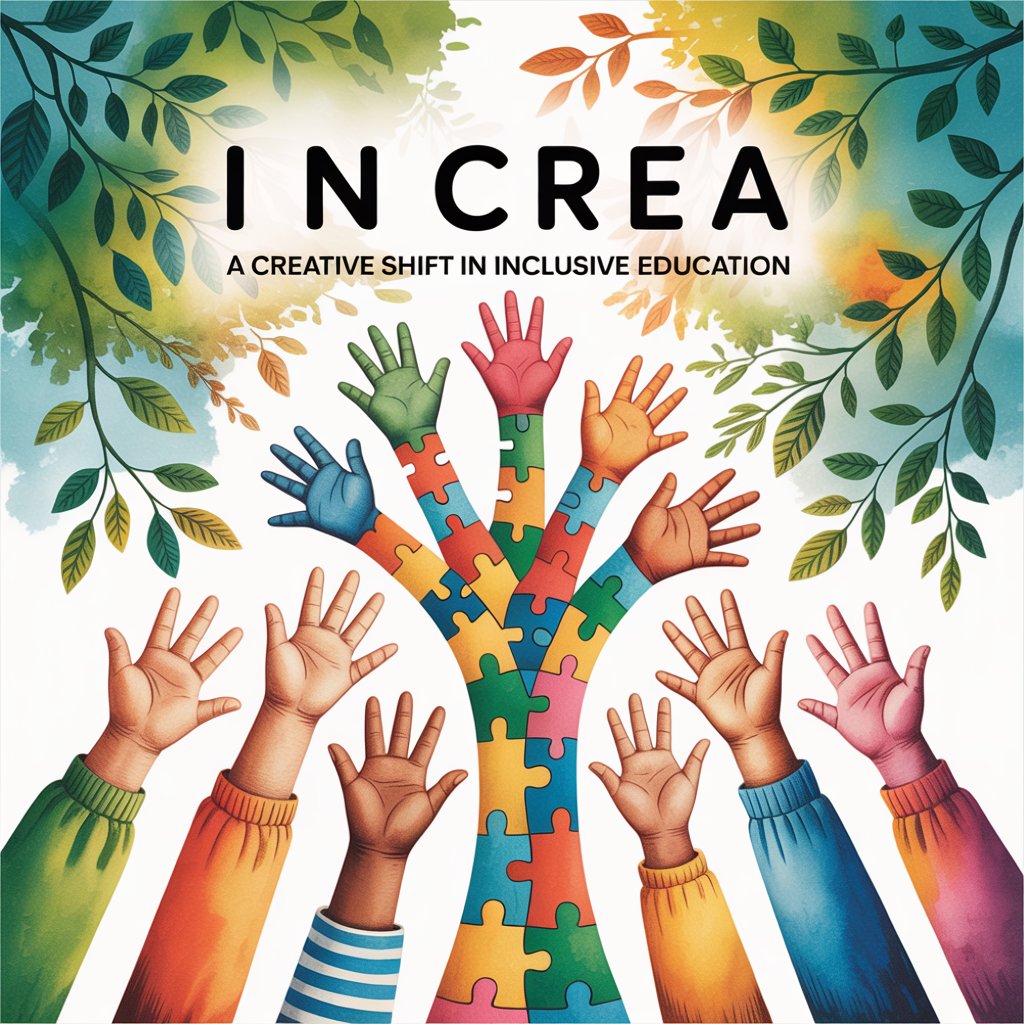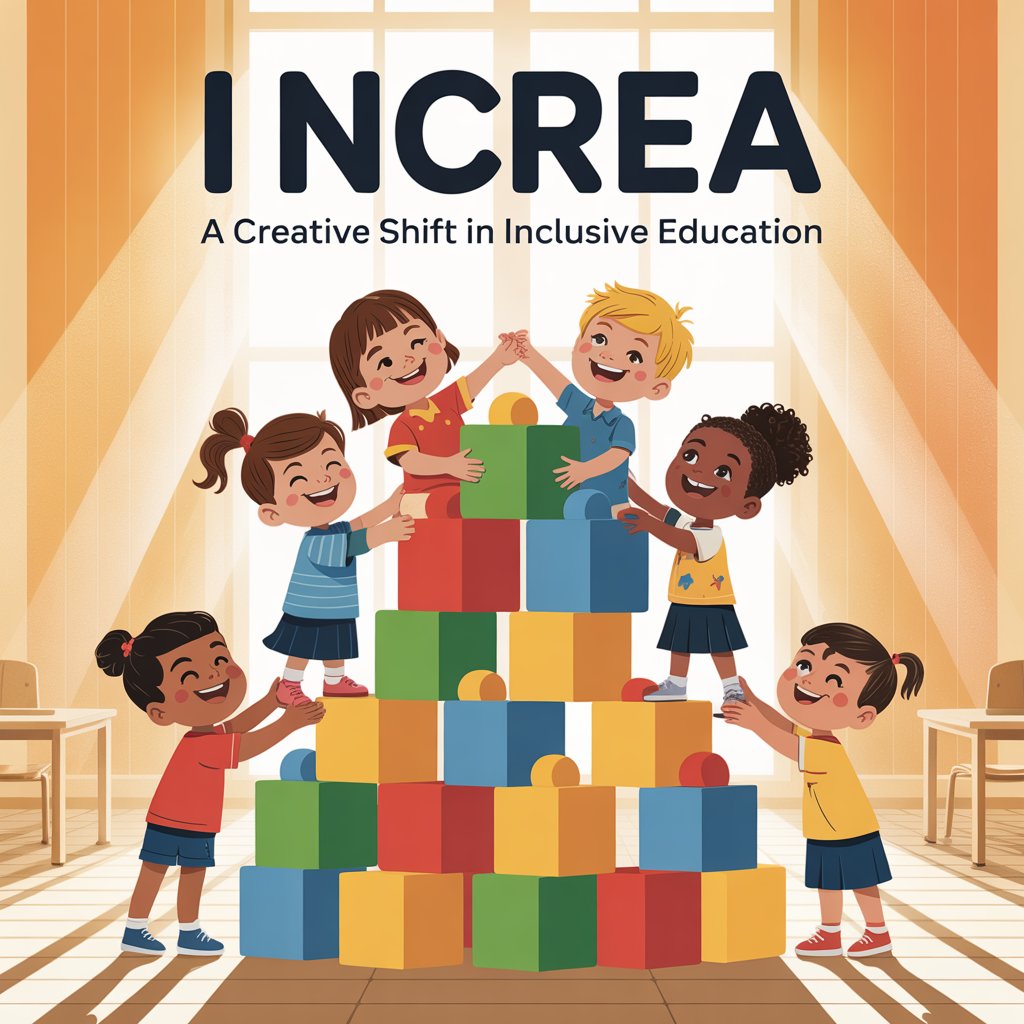What is i n c r e a?
i n c r e a stands for Inclusive Creativity through Educational Artmaking. This innovative framework blends art with learning to promote inclusivity, emotional growth, and creative thinking. Unlike traditional educational models that often prioritize rigid testing, i n c r e a values self-expression, diversity, and collaborative learning.
Rather than focusing solely on academic performance, it uses artistic tools to create emotionally safe and expressive spaces. Every learner—regardless of ability or background—is given an equal platform to grow and thrive. Through this approach, i n c r e a doesn’t just teach subjects; it builds individuals.
Table of Contents
Why i n c r e a Stands Out
i n c r e a changes the way we think about education. It isn’t just about painting or drawing; it’s about building empathy, confidence, and connection through creativity. Many classrooms today still rely on lectures and standardized tests. i n c r e a flips that model and lets students explore with their hands, voices, emotions, and stories.
It introduces a new balance between academic content and emotional intelligence. Art becomes the bridge that connects students to their inner world and the world around them.

Core Elements of i n c r e a
The strength of i n c r e a lies in its structured yet flexible foundation. It stands on five core elements:
- Accessibility: Students of all abilities can participate.
- Multimodality: Activities use visual art, music, movement, and storytelling.
- Collaboration: Group projects build social skills and trust.
- Reflection: Students explore personal experiences through creative expression.
- Empowerment: Learners take charge of their voice and their learning path.
These elements work together to build a well-rounded, emotionally intelligent learner.
How i n c r e a Impacts Students
Students in i n c r e a classrooms gain more than just knowledge. They develop emotional depth and real-world skills that traditional classrooms often overlook. Here’s how i n c r e a helps students thrive:
- Boosts Self-Confidence: Creating art helps students feel capable and valued.
- Improves Focus: Artistic engagement increases concentration and motivation.
- Encourages Empathy: Students learn to understand others’ perspectives through shared projects.
- Supports Emotional Health: Expressive activities provide safe outlets for difficult emotions.
Rather than forcing students into one-size-fits-all learning methods, i n c r e a adapts to them.
How i n c r e a Helps Educators
Teachers benefit from i n c r e a just as much as students do. It gives them fresh ways to connect, inspire, and innovate in their classrooms.
- Creative Freedom: Educators aren’t limited to rigid textbooks.
- Inclusion Tools: The approach naturally includes students with special needs.
- Improved Engagement: Students become more active and present during class.
- Reduced Burnout: Creative teaching leads to more meaningful classroom experiences.
When teachers feel inspired, their students do too. i n c r e a fuels this cycle in a positive, sustainable way.

Eco-Friendly and Budget-Friendly Materials
Another advantage of i n c r e a is its eco-friendly approach. It encourages the use of recycled, reusable, and low-cost materials:
- Old newspapers for papier-mâché
- Cardboard and found objects for sculpture
- Natural dyes from vegetables or plants
- Reusable digital tools for drawing and animation
This not only teaches students to care for the planet but also makes the program more affordable for schools with limited funding.
Real-Life Applications of i n c r e a
i n c r e a isn’t a theory—it’s a practice already changing lives. Teachers worldwide are adopting it in a variety of settings:
- Preschools: Children learn motor skills through painting and clay modeling.
- Elementary Schools: Students explore social themes through music and storytelling.
- Secondary Schools: Teenagers process emotions and relationships through collaborative theatre and writing.
- Community Centers: Adults use i n c r e a methods for mental wellness and social reintegration.
No matter the age or background, i n c r e a adapts beautifully to each learner.
Why i n c r e a Matters Now More Than Ever
In today’s fast-paced, tech-heavy world, students face increasing emotional stress. Traditional classrooms often ignore this. i n c r e a responds by putting human connection back into learning.
- Students struggling with anxiety can find peace through visual journaling.
- Shy learners can express themselves through movement or music.
- Students with learning differences find that hands-on methods help them learn in ways that words and numbers alone cannot offer.
This method prepares students not just for tests, but for life.

Should Schools Adopt i n c r e a?
Absolutely. Schools that adopt i n c r e a open doors to a better learning environment. They build classrooms filled with:
- Joy instead of pressure
- Expression instead of silence
- Compassion instead of competition
It’s a shift that pays off in long-term student well-being, academic results, and community health.
Also read: trwho.com: Is This the Tech Hub You’ve Been Waiting For?
Final Thoughts
i n c r e a isn’t just a program—it’s a philosophy. It reminds us that education should inspire, not suppress. Every child has a creative spark, and i n c r e a gives that spark room to shine.
In a world that often forgets to listen, this framework teaches students how to speak from the heart. It’s inclusive. It’s practical. It’s powerful. And it’s exactly what education needs today.


